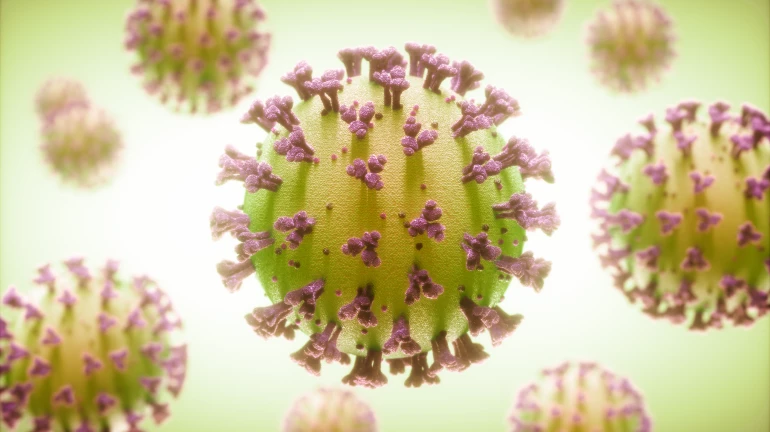
As coronavirus cases in India are on a decline over the past two weeks, a sense of complacency has set in among some sections. However, as officials have warned previously, it won’t take long for things to get worse. Adding to their concerns are reports of the Delta variant (B.1.617.2) of the coronavirus now mutating to form the Delta Plus or the AY.1 (B.1.617.2.1) variant.
As per data provided by Public Health England, 63 genomes of the Delta variant with the new K417N mutation have been spotted on GISAID, which is a global science initiative. The most recent GISAID report on coronavirus variants updated on June 11 points out that the Delta Plus mutation was found in six genomes originating from India until June 7.
Also read - BMC To Double Vaccination Centres Starting Next Week
What do we know about the Delta Plus variant?
The B.1.617.2.1 or AY.1 variant bears the K417N mutation as per Vinod Scaria who is a clinician and scientist at CSIR (Council of Scientific & Industrial Research) - Institute of Genomics and Integrative Biology (IGIB), Delhi. He added that the mutation is found in the spike protein of SARS-COV-2 which is the pathway for the virus to enter the body and infect cells.
He noted that the variant frequency for K417N isn’t found in India right now and they are coming mostly from other parts of Asia, Europe, as well as the Americas. The earliest known sequence of this particular genome was spotted in Europe earlier this year in March.
Will existing medications work on this variant?
It’s worth mentioning that there are no current reports that detail the severity of the patient’s condition due to the Delta Plus variant. However, this particular variant is believed to be resistant to the monoclonal antibody cocktail (a combination of Casirivimab and Imdevimab) which recently received emergency-use authorization in India through the Central Drugs Standard Control Organisation (CDSCO). This cocktail is manufactured by Roche India and Cipla while each dose costs nearly ₹60,000 per dose, making it inaccessible for a large portion of the population.
Scaria suggests that this new mutation may carry the ability to escape the body’s immune response against COVID-19, thus causing fresh concerns for health officials around the world.
How quickly can the new variant spread?
With each mutation comes the question about transmissibility to ascertain if it can spread through the population rapidly. Immunologist Vineeta Bal who is a guest faculty at the Indian Institute of Science Education and Research, Pune, said that the quantity or the quality of the virus-neutralizing antibodies is likely to be unaffected by this new mutation.
Keeping these aspects in mind, Bal states that people who are infected with this new variant may not have to be too concerned about its impact. Director of CSIR-IGIB, Anurag Agrawal concurred with Bal’s views, adding that there is no need to panic about this new variant in India for the time being.
What comes next?
Council of Scientific and Industrial Research – National Chemical Laboratory (CSIR-NCL) is currently going through samples collected from regions like Sindhudurg and Ratnagiri to look for traces of the Delta Plus variant. Prior reports have mentioned six individuals that tested positive for this new variant of COVID-19.
Meanwhile, district health officials in Ratnagiri and Sindhudurg are understandably concerned since the two districts are reporting a weekly growth rate of 9.03 per cent and 13.06 per cent respectively.
Read - Fortis Hospital Administers The First 'Antibody Cocktail' To A 72-Year-Old COVID-19 Patient





